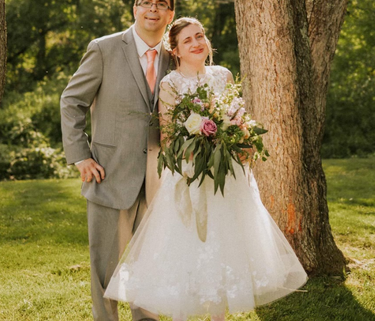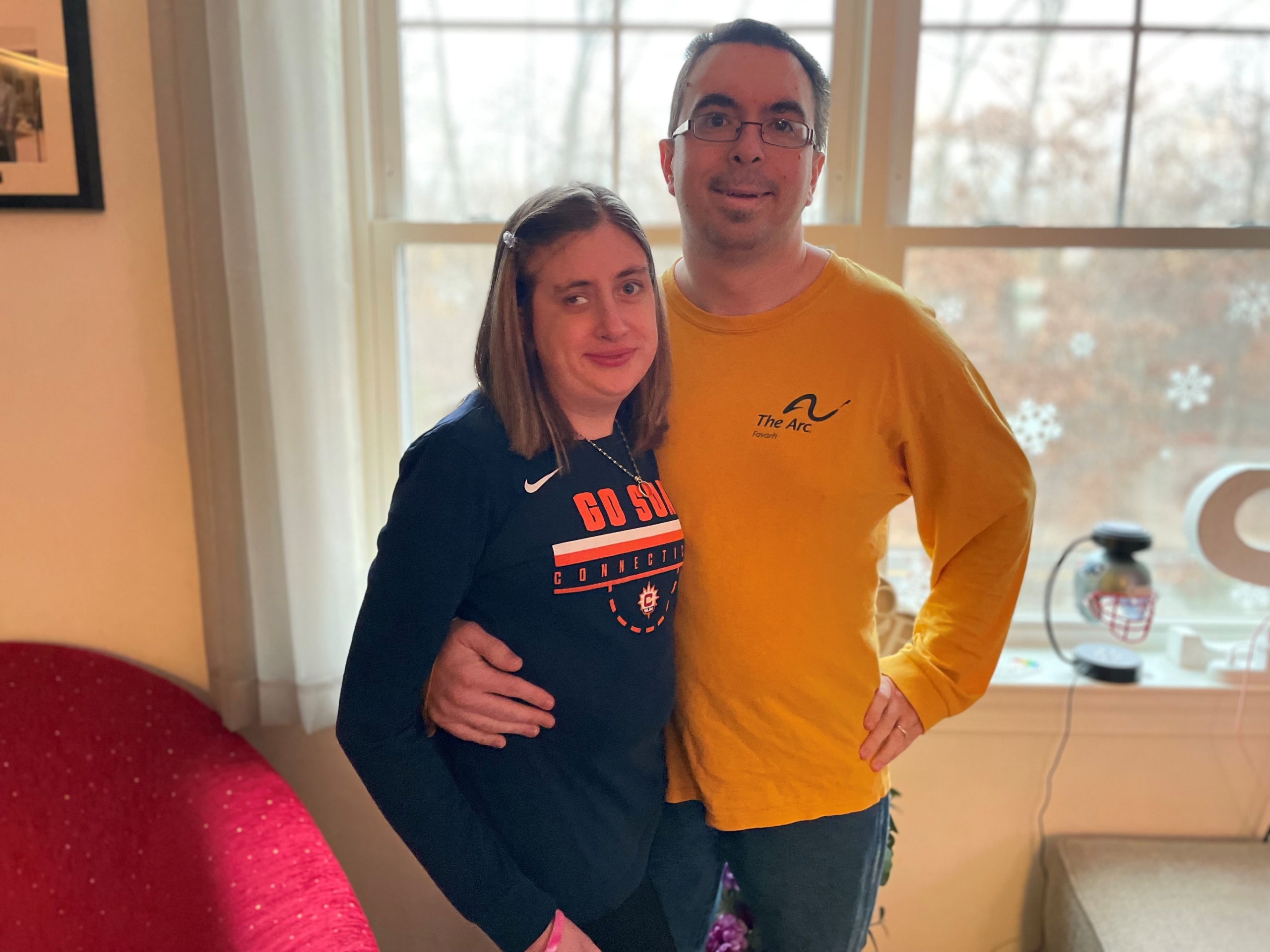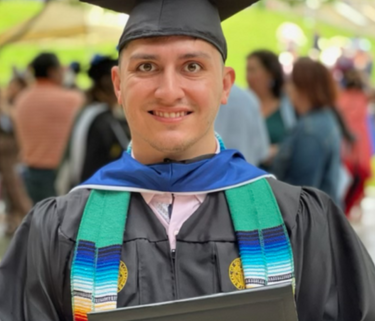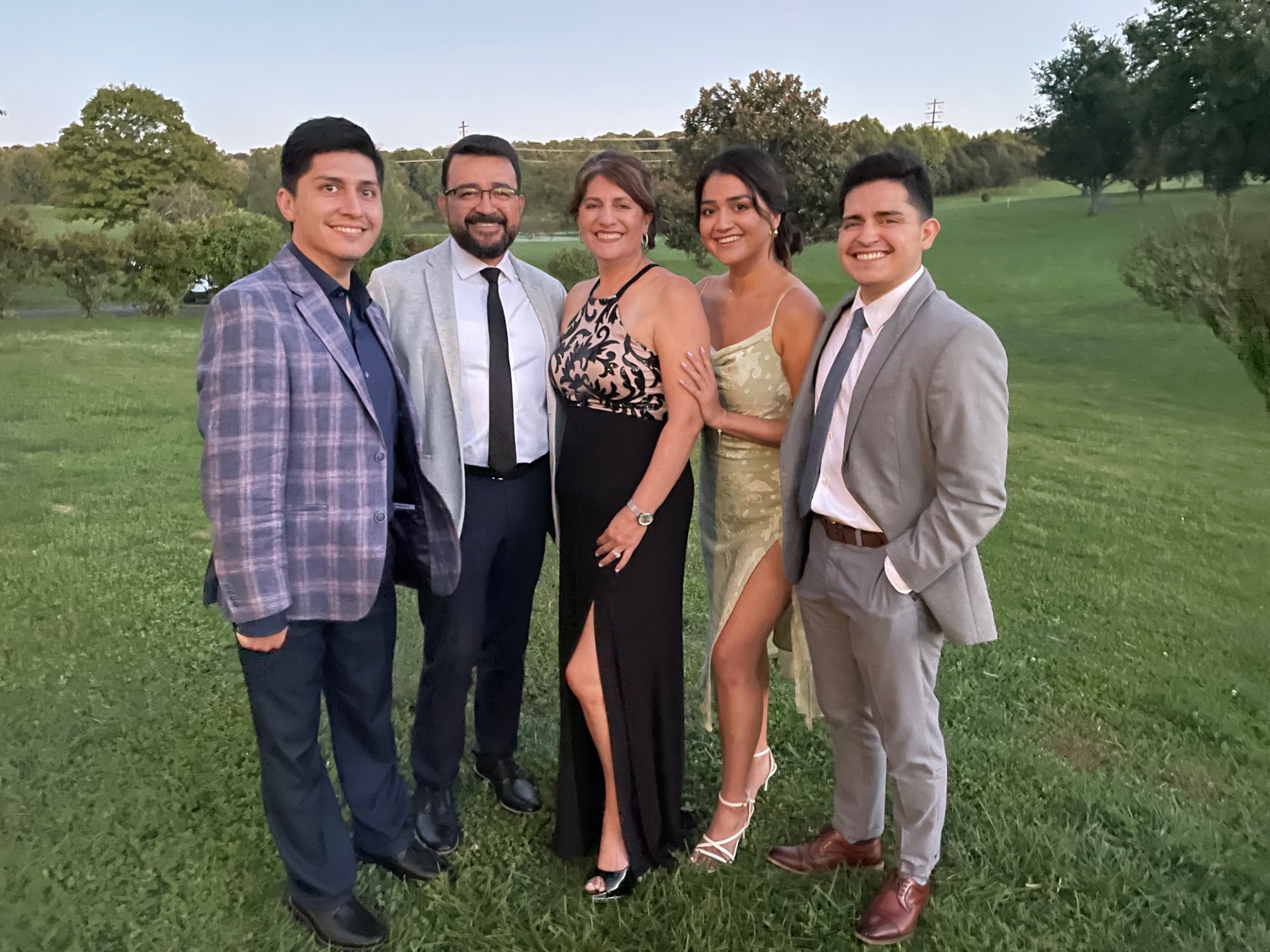A Recommitment to Care With the Introduction of the Better Care Better Jobs Act
Today, Senator Bob Casey (D-PA) introduced a landmark piece of legislation to invest in the country’s care economy and make important improvements to Medicaid home and community-based services (HCBS).
The care workforce is a vital part of community living and inclusion for people with disabilities—and yet the system that supports it continues to be underfunded and complicated to navigate. Hundreds of thousands of people with intellectual and developmental disabilities remain on waiting lists for the services they need to live in and thrive in their communities. The new Better Care Better Jobs Act will address these deficits through several key improvements, including a permanent increase in federal Medicaid funding for eligible states, adding over $300 billion toward expanding and improving access to HCBS.
The proposed updates to Medicaid complement President Biden’s American Jobs Plan—which targets the current care infrastructure crisis and aims to fortify it for the future—by expanding eligibility, requiring coverage for personal care services, expanding supports for family caregivers, addressing the direct care workforce crisis by raising wages, and more.
“People with disabilities deserve the supports to live meaningful and dignified lives in their communities. Their care workers deserve the pay and hours to avoid burnout and turnover. And their families deserve the aid of care workers so they do not have to quit or cut their hours to fill in the gaps. It’s 2023, and we should not have to still be fighting for these basic needs so that everyone has the ability to build the life they want.
“The Arc is, as always, ready to rally support for these much-needed changes and looks forward to making sure Congress knows the difference that they would make in the lives of countless people with disabilities,” said Peter Berns, CEO, The Arc.








 Carlos now works at TDezz Badass Creations as part of the accounting and management department. He likes the job and enjoys helping people. But he dreams of opening his own business or working in Washington, DC. He loves going to the movies and the mall, especially with his girlfriend Naya whom he met in community college. He loves his dogs Lucas and Tyson, his siblings David and Karla, and his parents Maria and Carlos who are the most important people in his life and have been there for him through it all. He visits his relatives back in Ecuador often and is proud of his family.
Carlos now works at TDezz Badass Creations as part of the accounting and management department. He likes the job and enjoys helping people. But he dreams of opening his own business or working in Washington, DC. He loves going to the movies and the mall, especially with his girlfriend Naya whom he met in community college. He loves his dogs Lucas and Tyson, his siblings David and Karla, and his parents Maria and Carlos who are the most important people in his life and have been there for him through it all. He visits his relatives back in Ecuador often and is proud of his family.





